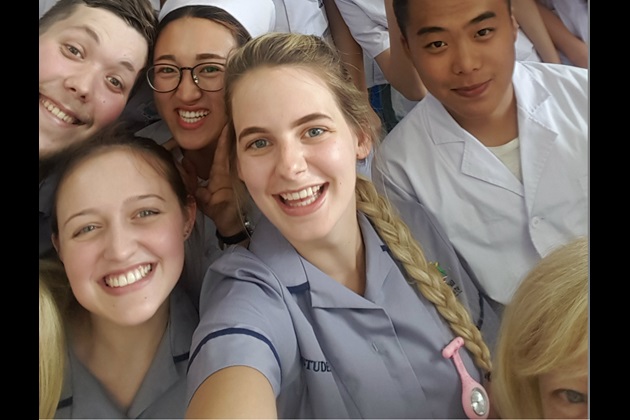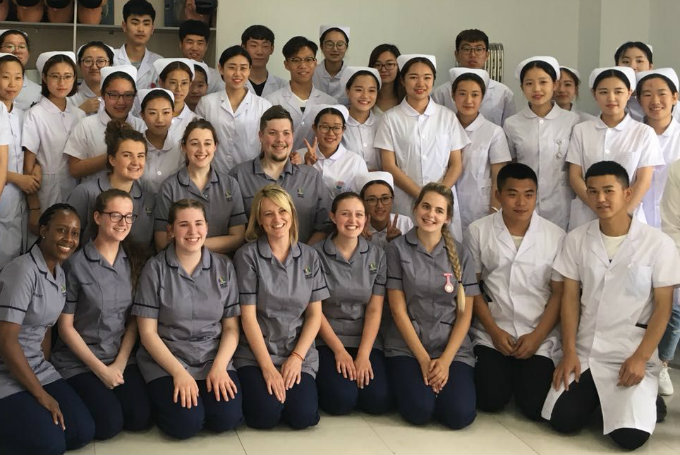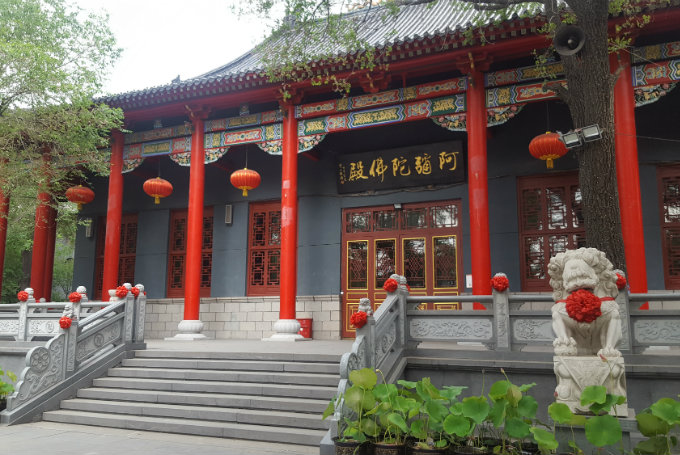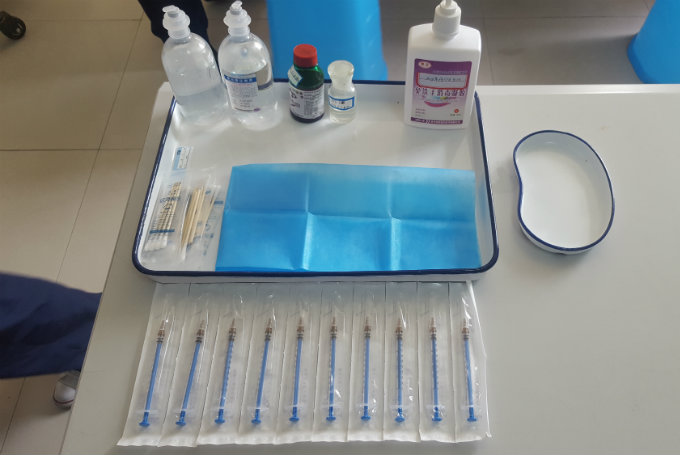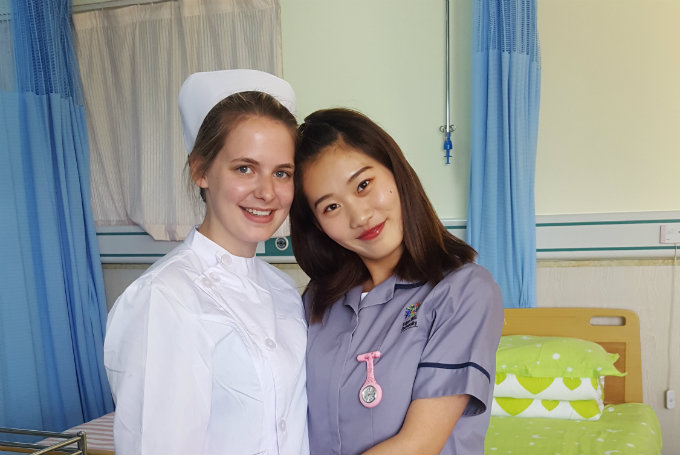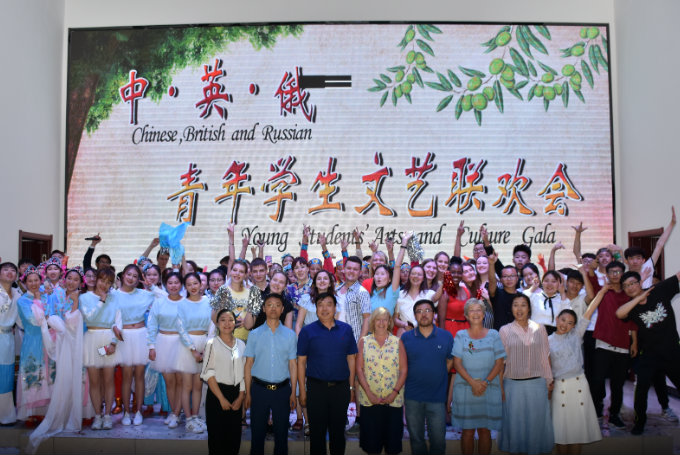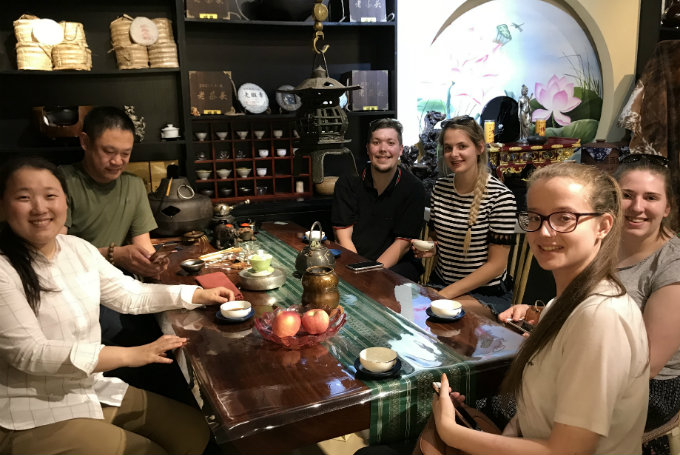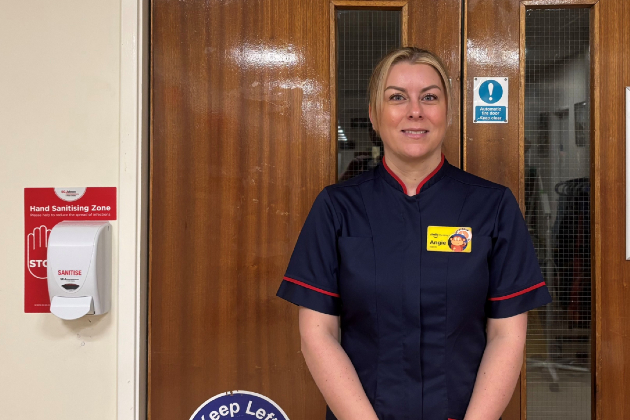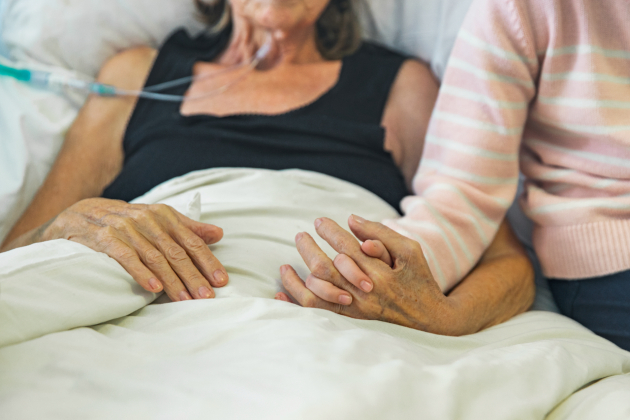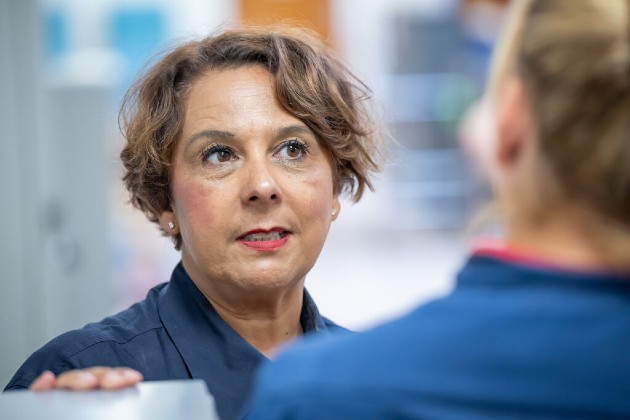Student nurse Emily Asbridge had a unique insight into what it’s like to be a student in China, and witnessed the positive effects of more traditional forms of treatment
In the summer I travelled 4,882 miles to Daqing, China, to participate in a nursing summer school at Harbin Medical University.
Of course I was excited, but at the same time tremendously nervous, with a flurry of questions racing through my mind. Will the food be nice? What conditions will I be living in? How on earth am I supposed to squat over a toilet for two weeks? Will I be able to make friends?
However, all this worrying was for nothing, because the nursing summer school turned out to be the best two weeks of my life.
During my visit I was able to spend time within a traditional Chinese medical hospital. Here I observed a range of traditional procedures used to treat conditions ranging from common ailments to more serious health disorders.
The magic of needles
Acupuncture, a common Chinese treatment, was being used widely within the hospital to treat the life changing side effects of a stroke. One of the patients I encountered had experienced a stroke to the left side of his brain, which consequently left him with right-sided weakness. His treatment consisted of having acupuncture needles inserted into his scalp, face and tongue. I was told that because he started the treatment at the early stages of his condition, the patient was beginning to regain some movement in his right arm.
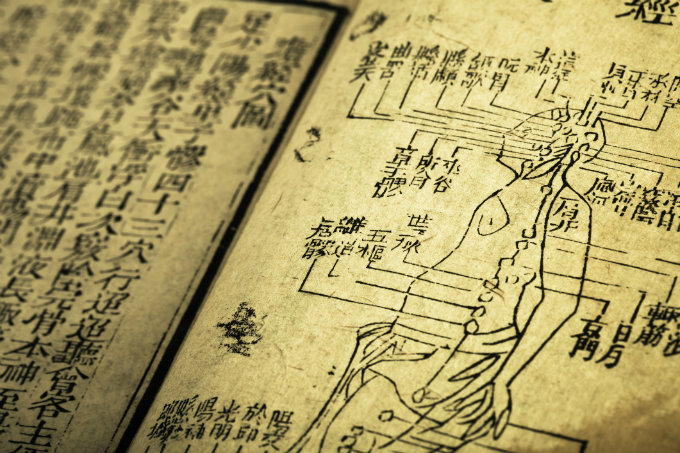
The doctors were keen to show me further traditional procedures which are common practice in China, such as Chinese fire cupping, which is used for the treatment of deep tissue pain by increasing blood flow and massaging the layers of tissue. The procedure involves heating the cups with a flame and repeatedly applying and removing the cups off the skin, followed by a cloth dipped in traditional medicine. This is placed directly onto the skin with two towels draped over and then set on fire.
The doctors were also eager for me to see how their traditional remedies can help treat more serious conditions and make a positive difference even to their most poorly patients.
Student lifestyle
It was fascinating finding out more about the day in the life of a student in China. At times, I complain about how hard my pre-registration nursing degree course is, and the struggle to find the perfect balance between getting good grades, having plenty of sleep, surviving placements and having enough money for a social life. However, after visiting China and spending time at the university, observing clinical skills and talking to the students, I won’t ever complain again.
Classes begin around 8.15am with a wake-up call playing out of large speakers to get the students to class. Lunch is a very long break starting at 11:30am, followed by an afternoon nap which is incorporated into their academic timetable. After afternoon lectures, it is the student’s free time. However, many of the students use their free time to engage in extracurricular activities such as playing traditional instruments or participating in sports.
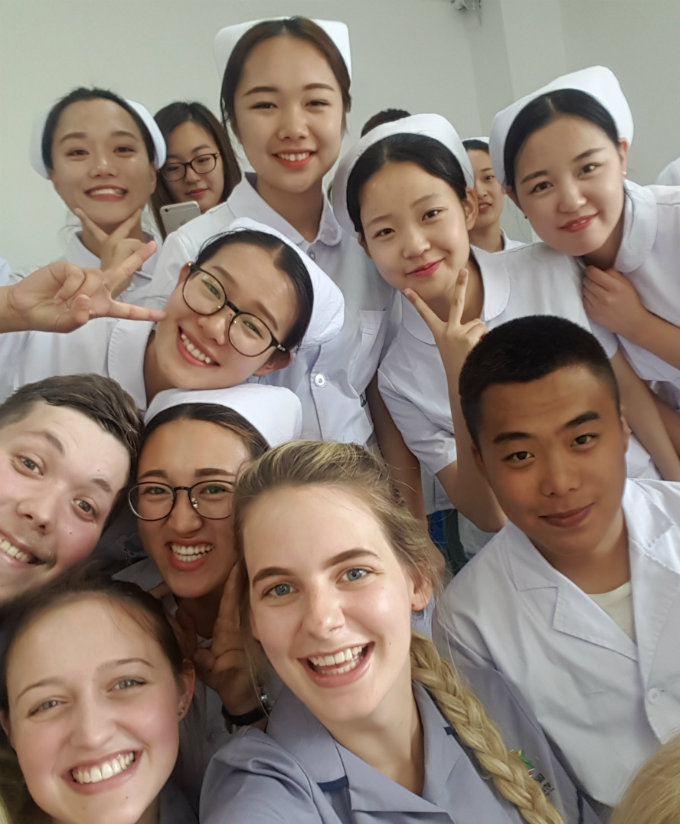 Emily (centre) with fellow nursing students on placement
Emily (centre) with fellow nursing students on placement
The students I met were very dedicated to their conventional roots and keen to “show off” their culture, which was beautiful to witness. One aspect of their training that stood out to me the most was their strict nightly curfew. Unlike the freedoms that nursing students in the UK experience, in China they had to be back in their accommodation block at 10.30pm or face being locked out for the night.
The nursing degree in China differs from the UK in that the students will do two to three years theory then one year of practice in a hospital. Their clinical sessions are similar, but with the difference that they can practice on each other, including cannulation.
One big difference was to do with their learning of pharmacology – the students there sometimes test on animals and the university had a laboratory with rabbits. Some of the students showed me photographs of how they tested and I am just so thankful this practice is not reinforced in my own degree.
It was fascinating finding out more about the day in the life of a student in China
My experience really opened my eyes to the wider world and has made me fully appreciate and embrace cultural diversity.
It is the 21st century and we live in such a diverse society, where we treat people from all walks of life. As a student nurse I believe it’s imperative that all nurses and other health care professionals have a sound concept and appreciation of cultural differences and methods of care.
Interested?
Why not talk to your university about possible links with summer schools?
The RCN also has a guide for student members planning an elective placement overseas including advice on indemnity, finances, visas and travel insurance.


